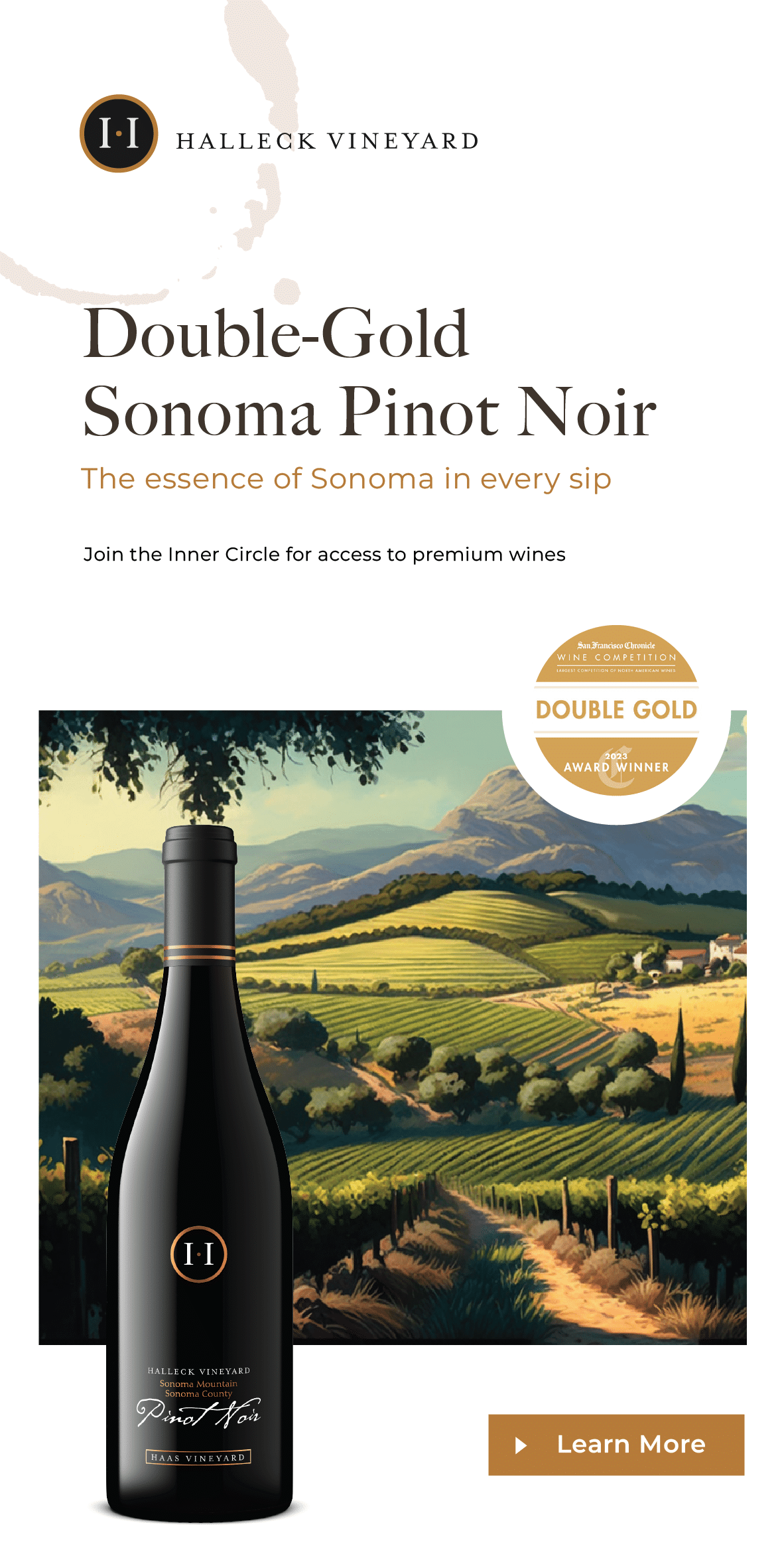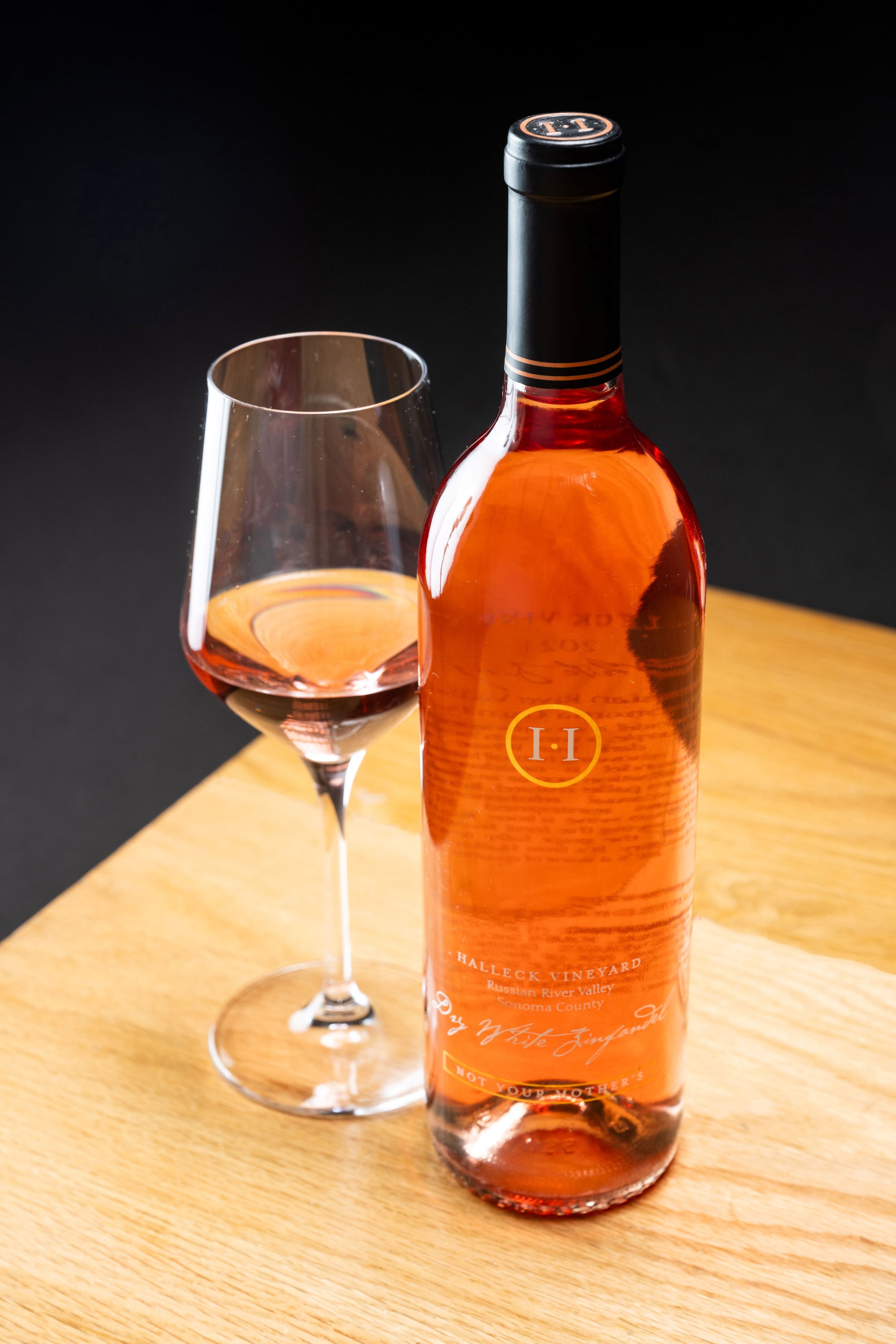Wineries With Live Music Events Occasionally - Sonoma Valley Vineyards And Wine Tasting
Wineries With Live Music Events Occasionally - Sonoma Valley Vineyards And Wine Tasting
Blog Article
Wineries Ideal For Large Groups - Unforgettable Wine Tastings In Sonoma
Wine tasting is often regarded as an art kind, one that goes past merely having fun with a beverage. It embraces a fancy interplay of flavors, aromas, and textures that requires devoted practice to truly grasp. Many who venture into the world of wine tasting quickly notice that it includes much more than just sipping wine. Bettering sensory skills via devoted winery wine tasting can elevate the experience, transforming a casual consuming occasion into a sophisticated exploration of the senses.
At a primary stage, wine tasting engages the senses of sight, smell, style, contact, and even sound. Each element performs a crucial position in appreciating the nuances of a wine. When one first pours a glass of wine, the wealthy hues can provide preliminary insights into its age and varietal. Observing the colour and clarity helps type expectations about the wine's flavor profile. Many don’t absolutely recognize how this visual assessment can set the stage for what's to observe.
The subsequent step is to engage the sense of smell. Swirling the glass aerates the wine, allowing its risky compounds to flee and fill the air with its bouquet. The nostril entails some fascinating layers—different aromas can sign various aspects of the winemaking process, together with the type of grapes used, fermentation strategies, and getting older conditions. Creating a eager sense of scent could be a game-changer in wine tasting.
Quaint Wineries In Picturesque Settings In Sebastopol - Sonoma Wine Culture
To improve this sensory skill, wine enthusiasts are often inspired to participate in dedicated tastings at wineries. These tastings enable individuals to focus solely on the sensory experience (Wineries With Live Music Events Occasionally). Tasting sessions led by knowledgeable sommeliers or winemakers can supply insights into identifying distinct aromas. Studying to differentiate between floral, fruity, earthy, and spicy notes can empower a taster to articulate their experience with larger precision.
As one practices their sensory abilities, they might discover that their style preferences evolve. This transformation often occurs after a quantity of tastings. A wine that initially appeared overwhelming might reveal hidden layers of complexity with a little bit of experience. Understanding the way to isolate individual flavors corresponding to acidity, sweetness, bitterness, and umami contributes substantially to the general wine experience.
One Other essential component in bettering sensory skills is the context by which wine is tasted. Environmental factors like temperature, lighting, and even the corporate current can affect perceptions. At a winery, an optimum setting can scale back distractions and allow a more profound exploration of the wine (Wineries Near Santa Rosa). Training conscious tasting techniques encourages a more immersive experience, permitting tasters to hone in on their senses.
It isn't solely about particular person notion, though. Participating with others during a tasting also can improve sensory skills. Sharing notes and discussing impressions fosters a deeper understanding of the wine. This collaborative strategy encourages members to articulate their sensory experiences, thereby broadening their linguistic repertoire related to wine tasting.
Wineries Focusing On Single Vineyard Wines - Best Wineries In Sonoma For A Wine Experience
Additionally, pairing wine with food can considerably improve the tasting experience. Totally Different combinations can deliver out distinctive flavors in both the wine and the dish. As one tastes a wine alongside specific foods, they'll start to recognize how sure parts in the wine complement or distinction with what they are consuming. This skill of pairing is another layer that enriches sensory development.
Coaching one’s palate can involve quite a lot of workouts. Some enthusiasts engage in systematic tasting experiences, sampling a spread of wines that showcase totally different varietals, regions, or vintages. Exploring this range can sharpen the power to discern nuances across completely different wine profiles. Over time, this practice builds a psychological library of flavors that can be accessed throughout future tastings.
Notably, written notes serve a dual function: organizing one’s thoughts and reinforcing reminiscence. By writing down observations about each wine, tasters can observe their progress over time. Detailing the characteristics of wines assists in solidifying data, finally deepening one’s appreciation of what they devour.
Furthermore, attending workshops or classes centered on sensory analysis can also be beneficial. Many wineries provide these educational packages to help individuals refine their skills. Typically, trained instructors guide individuals by way of structured tastings, focusing on particular elements of the wine. This degree of education reinforces the sensory skills asynchronously and challenges tasters to contemplate their experiences from different angles.
Wineries With River Views - Sonoma's Premier Wine Tasting Events

Over time, the commitment to improving sensory skills through dedicated winery wine tasting can yield significant rewards. The enjoyment derived from wine turns into layered and multifaceted. No longer restricted to a easy desire for "pink" or "white," tasters start to understand the tales behind each pour. They domesticate a palette able to navigating the advanced panorama of flavors with confidence.
In conclusion, the journey of enhancing sensory skills via devoted winery wine tasting is as rewarding as it is gratifying. It requires focus, commitment, and a willingness to learn, but the outcomes far exceed the initial effort. Full Report By engaging a number of senses and participating in thoughtful discussions, people not solely turn out to be more proficient at identifying flavors but also develop a deeper appreciation for the craftsmanship behind each bottle. The course of transforms wine from a mere beverage right into a wealthy tapestry of sensory exploration that beckons enthusiasts to delve deeper. As skills improve, so too does the enjoyment, enriching life experiences one sip at a time.
Wineries With Unique Varietals - Exploring The Vineyards In Sonoma County
- Engaging the palate through numerous wine varieties enhances the flexibility to distinguish flavors and aromas, refining overall sensory perception.
- Collaborating in guided tastings promotes targeted consideration on refined traits of every wine, nurturing critical tasting skills.
- Learning to identify specific grape varieties fosters a deeper understanding of terroir, which aids in recognizing regional flavor profiles.
- Incorporating food pairings during tastings can heighten sensory awareness, as totally different tastes can influence each other and alter perceptions.
- Training the art of swirling and nosing wines permits people to attach olfactory cues with style, enhancing the power to articulate sensory experiences.
- Attending workshops that emphasize blind tastings trains individuals to rely purely on their senses somewhat than preconceived notions, enhancing objectivity.
- Elevating sensory skills can result in higher wine choice talents, empowering individuals to make informed choices based on personal preferences.
- Engaging with knowledgeable sommeliers offers insights into wine-making processes, which deepens sensory appreciation and enhances vocabulary for describing wines.
- Regular participation in tastings encourages memory improvement of flavors and aromas, aiding within the formation of a personalised sensory profile over time.
- Sharing tasting experiences with peers fosters discussion, promoting communal learning that may improve particular person sensory skills via collaboration.undefinedWhat is the purpose of bettering sensory skills by way of wine tasting?
Bettering sensory skills via wine tasting permits people to enhance their capacity to determine and appreciate the assorted aromas, flavors, and textures of wine. This heightened sensory awareness can result in a deeper understanding of wine and an general enriched tasting experience.
Vineyard Picnic Spots In Sonoma Valley - Best Vineyard In Sonoma
How can I develop my sensory skills at a winery?
You can develop your sensory skills at a winery by participating in guided tasting classes that focus on particular varietals. Have Interaction with educated employees who can provide insights and encourage you to take notes on your impressions, enhancing both your observational and descriptive skills.
What ought to I count on throughout a dedicated wine tasting experience?
Wineries Providing Guided Vineyard Walks - Best Vineyard In Sonoma
Throughout a devoted wine tasting experience, anticipate to sample a choice of wines while receiving focused education about every one. You May study in regards to the winemaking course of, tasting techniques, and how to discern different sensory traits, all in a relaxed environment.

Is prior information of wine essential to benefit from a sensory skills workshop?
- Remarkable Craft Wineries In Sebastopol
No prior data of wine is important; the workshops are designed for all ranges of experience. Beginners will find useful information to build from, whereas seasoned tasters can refine their skills and broaden their palate even further.
How do sensory skills influence my total wine appreciation?
Wineries That Welcome Walk Ins - Best Vineyard In Sonoma
Enhancing sensory skills significantly enhances your total wine appreciation by allowing you to identify subtleties and complexities in wines. This deeper understanding enriches your tasting experience and helps you make knowledgeable selections primarily based on personal preferences.
Are there particular techniques I ought to use whereas tasting wine to improve my sensory skills?
Wineries Featuring Vineyard Tours - Vineyards In The Sonoma Region
Yes, employing techniques such as the "SWOT" method (Sight, Swirl, Smell, Sip, Savor) can be beneficial. Pay consideration to the wine's look, aromatics, and mouthfeel, and take your time with every sip to completely explore the flavors and sensations.
What kind of wines are sometimes included in sensory skills tastings?
Typically, sensory skills tastings embody a big selection of wines that showcase completely different regions, varietals, and styles. This range helps individuals identify distinct traits and enhances their ability to distinguish between wines.
Can sensory skills workshops be personalized to my tasting interests?
Family-Friendly Wineries Near Sebastopol - Vineyard Visits And Wine Tasting In Sonoma
Many wineries provide personalized choices for sensory skills workshops, permitting you to focus on specific kinds of wines or themes that interest you, such as organic wines or unique regional choices. It Is greatest to inquire immediately with the winery for tailored experiences.
Is there a way browse around this site to practice sensory skills after leaving the winery?
Yes, you'll find a way to practice your sensory skills at home by tasting completely different wines and maintaining a tasting journal. Experimenting with numerous food pairings and aromatics can further enhance your understanding of how flavors work together, reinforcing the abilities gained on the winery. Report this page